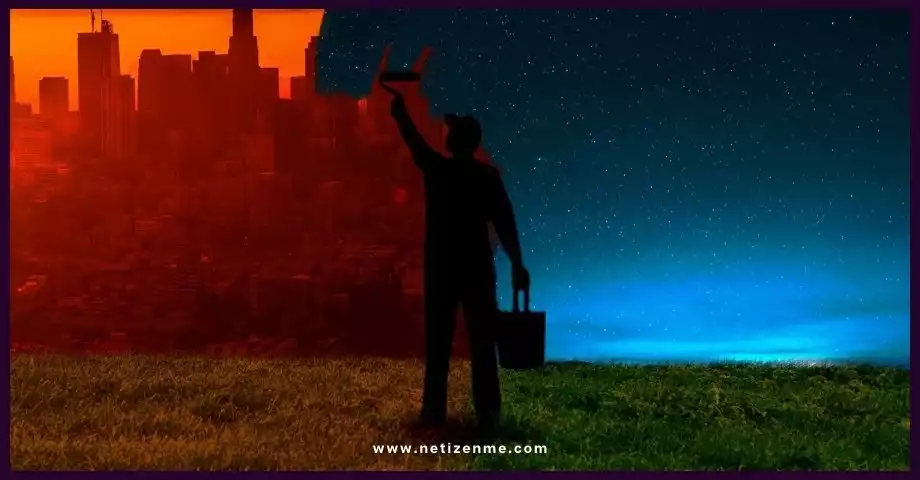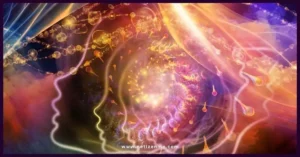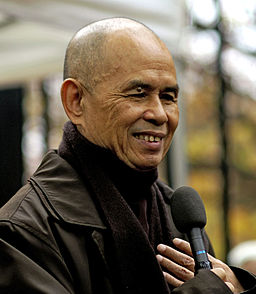What are your thoughts about who or whom you believe is the author of your destiny (free will or not)?
Have you ever been driving and your thoughts drift to the possibility that the car accident is destined to happen? If I make a perfect left turn at this traffic light, I’ll be able to avoid that black sedan. Or maybe you look up from whatever you’re doing and feel compelled to change your course of action because it feels like something is influencing you – like it’s calling on you. Is there really something nudging us in certain directions more than others…or just “karma” for some past indiscretion?
Who or What is the Author of Destiny?
There are a few schools of thought when it comes to the author of destiny. Some believe that we create our own destiny through the choices we make, while others believe that there is some sort of unseen force guiding our path. And then there are those who fall somewhere in between.
So, who or what is the author of destiny? It’s a question that has been debated by philosophers and religious leaders for centuries, and one that still doesn’t have a clear answer.
There are arguments to be made for both sides of the debate. Those who believe we create our own destiny often point to the fact that we have free will as proof. We can choose which paths to take in life, and thus we are the ones ultimately responsible for where we end up.
On the other hand, those who believe destiny is determined by something outside of ourselves often point to the fact that many things in life are out of our control. They argue that there must be some sort of higher power at work, guiding us towards our ultimate fate.
The truth is, there is no right or wrong answer to this question. It’s a matter of personal belief. What do you think? Do you believe we have free will and can create our own destiny? Or do you think there is some unseen force shaping our path?
The Free Will
Do we have free will?
We often hear people talk about having free will, but what does that really mean? Do we have the power to choose our own destiny, or is someone else in control?
There are a few different schools of thought on this subject. Some believe that we are completely in control of our own fate and that everything happens for a reason. Others believe that there is some higher power at work, dictating what will happen in our lives.
So, who is right? Well, there isn’t really a definitive answer. It’s a matter of personal belief. Some people find comfort in believing that they are in control of their own lives, while others find solace in knowing that there is someone else looking out for them.
whichever way you choose to believe, there is one thing we know for sure: life is full of surprises. No one knows what tomorrow will bring, so make the most of today!
Does free will exist or is it just an illusion?
The age-old question of whether or not we have free will has been debated by philosophers and thinkers for centuries, with no consensus reached. Some argue that free will is an illusion created by our own minds, while others maintain that it is an inescapable reality.
There is no easy answer to this question, as it is a complex and multi-layered issue. However, it is an important question to consider, as our beliefs about free will can impact our lives in profound ways.
Those who believe that free will does not exist may be more likely to act in accordance with destiny or fate, as they feel that they have no control over their own lives. On the other hand, those who believe in free will may be more likely to take initiative and make choices that they believe will lead to a desired outcome.
Ultimately, there is no right or wrong answer to this question. It is a matter of personal belief, and each person must decide for themselves what they believe about free will.
There is much debate surrounding the question of destiny and free will. It is a complex topic with many different interpretations. Ultimately, it is up to each individual to decide what they believe. I hope this article has given you something to think about and that you can form your own opinion on the matter.
- Thomas Jefferson’s Thoughts On Learning

- Paulo Freire: One Of The Most Influential Brazilian Philosophers

- Bruno, The Penguin, And The Grandfather Paradox

This article is written by:
Our professional writers and editors are passionate about sharing high-quality information and insights with our audience. We conduct diligent research, maintain fact-checking protocols, and prioritize accuracy and integrity to the best of our capacity.
You can cite our articles under the author name "Netizenme"








